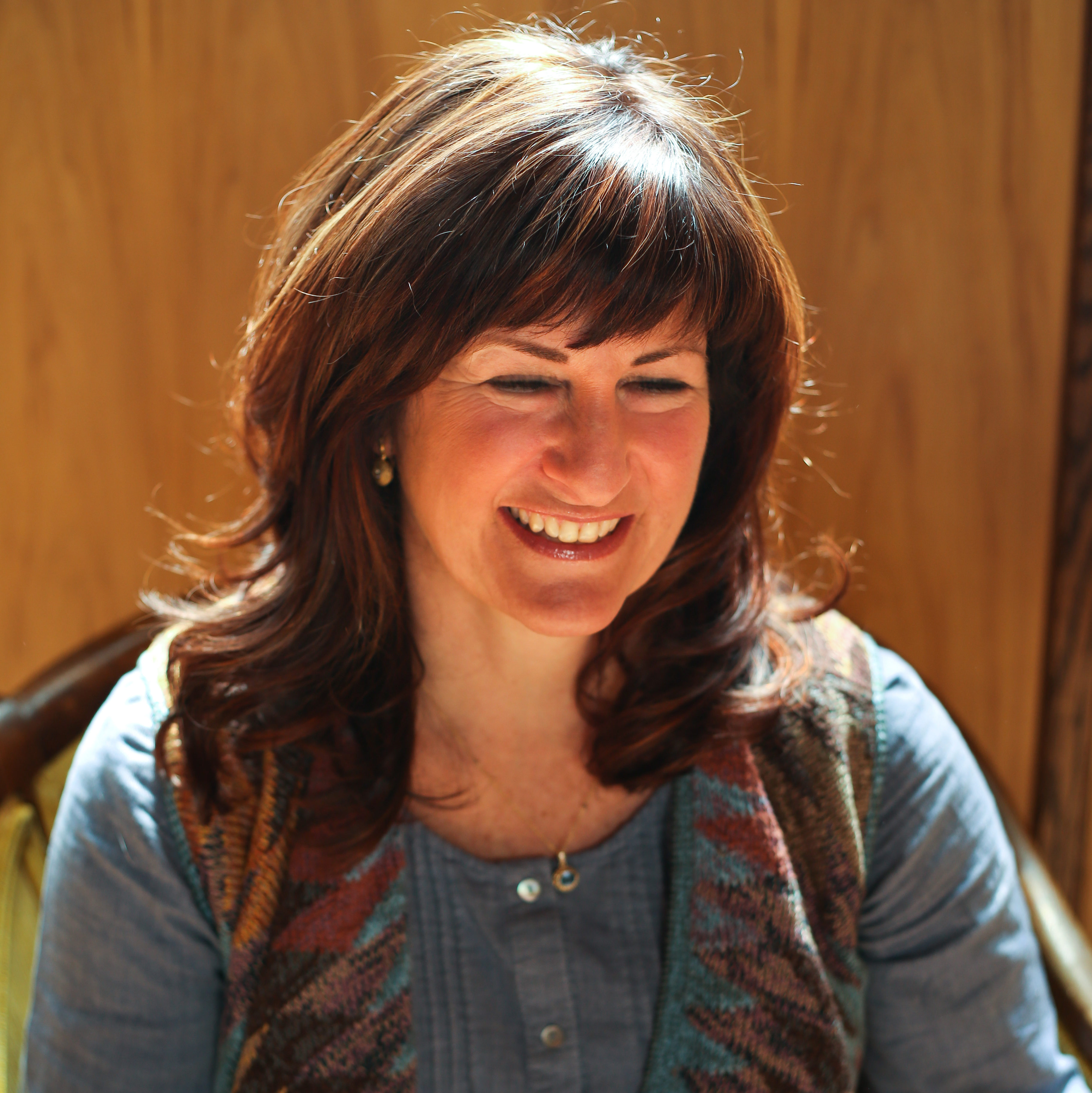Don’t be a fool. Suggestibility, our capacity to believe the story we or someone else tells, is key to our health mastery, especially for conditions such as pain, depression, anxiety, irritable bowel syndrome and Parkinson’s disease.
Suggestion begets expectation, which begets reality. Just as suggestion in the form of story sells services, goods, even national security, suggestion is also key to our intrinsic pharmacy, dispensing our in-house supply of endorphins, cannabinoids, dopamine and serotonin.
“Every time we receive a treatment or a surgical procedure or [an injection], we expect analgesia. We expect to get better,” says Luana Colloca, a placebo expert at the University of Maryland, in a 2018 PBS NewsHour interview.
Your brain stores your experiences and then uses them to predict what will happen so that you can respond to the present. “Expectation is both the job description of the brain and its currency,” writes award-winning science journalist Erik Vance, in his book Suggestible You. “But sometimes circumstances don’t fit the model of the world that your brain has built. So rather than change its expectation, your brain will occasionally twist reality to bring your observations in line with your expectations.”
Guilty! In my first career job at age 21, I was to give a publication design workshop to dental editors. I was terrified that I’d bomb. Two days before the workshop, I got very sick and had laryngitis. I whispered my way through the program. Embarrassingly, seconds after I finished teaching, I was perfectly fine. Reality met my terrified expectations.
More recently, I was exiting an “L” station when one of the turnstile’s heavy metal bars slammed my left heel. ##@*@#!!! I spun to see who inflicted the pain — a man in his mid-30s, lost in the audio of his headphones. He was oblivious. I was furious! I launched a silent rampage. “People these days … blah, blah, blah.” My heel throbbed.
Mid-diatribe, I stopped myself suddenly. I shifted my attention and said to my aching heel, “I’m sorry. I didn’t mean it. I’m already well.” The pain in my foot began to dissipate.
Then, I chuckled and went right back to berating the guy and complaining about society. The pain came roaring back. My big toe began to ache, too.
I was intrigued and chagrined by my dance of attention and distraction. “I’m sorry. I didn’t mean it. I’m already well,” I repeated, recommitting to my well-being instead of my anger. I arrived home 10 minutes later, the pain barely noticeable.
What is it that allows one person, and not another, to find healing through what some call hocus-pocus or gullibility? Indeed, why do some people respond to some drugs, surgeries or treatments better than others?
Story is a powerful linchpin in our ability to dream, believe and buy(-in). The stories we tell ourselves in moments of weakness are central to regaining our strength. And the expectation for healing arrives in everything from the narratives we create internally to the external fixings of white coats, clean environments, music, reputation and advertising that portrays smiling families, peaceful retirements and happy relationships.
It’s not all story, though. Research reveals that specific genetic coding regulates crucial brain chemicals such as dopamine, among others, which can influence the efficacy of suggestibility and, thus, our well-being.
With its pharmacies and magic malleability, the mind is clearly a space of possibility. Learn to work with it. Set your expectation to pain-free, ease-filled, joyous living.
Just a suggestion.
Originally published in the Spring/Summer 2020 issue.

Kathleen Aharoni is a movement and life coach, forest bathing guide, and author of the award-winning book I breathe my own breath! She has served on the faculties of Northwestern University and Columbia College.












